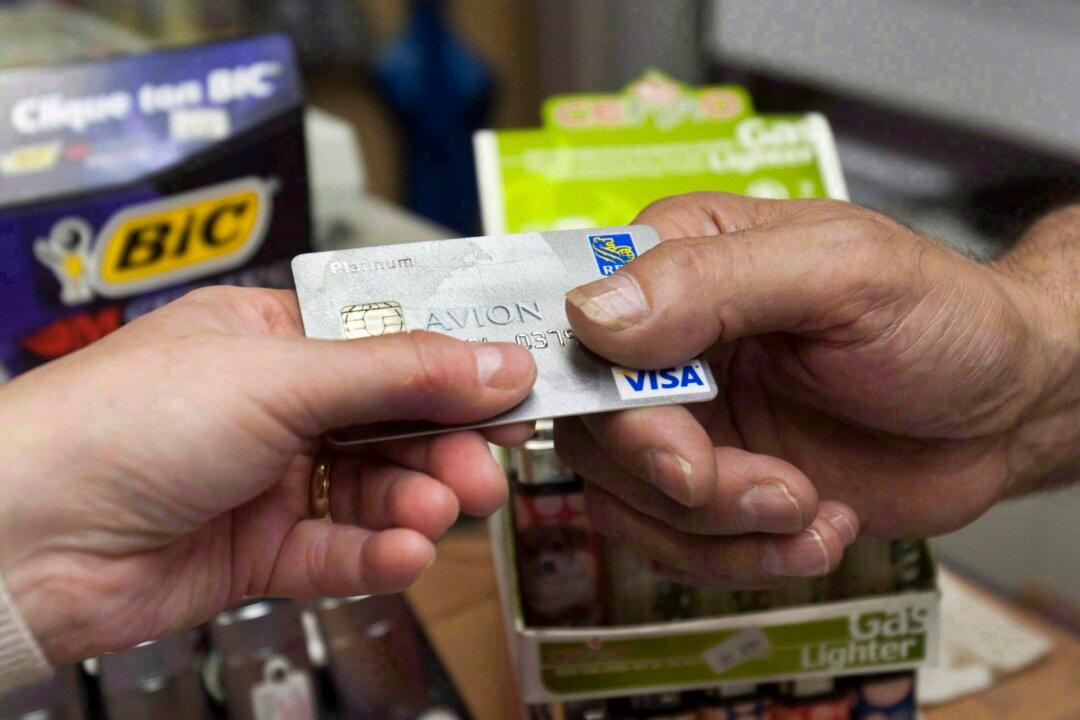About 5 percent of Canadian small businesses said they saw a boost in sales after the federal government introduced a “tax holiday” for two months.
The tax break for consumers was a two month pause on the GST and HST between Dec. 14 and Feb. 15. It covered items such as children’s clothing, toys, and Christmas trees.





